While winemaking is a precise enough art as it is, some wineries pursue difficult designations only earned by submitting to rigorous inspections by a third party to give themselves an advantage in a crowded marketplace.
Duck Pond Cellars in Dundee, Oregon has been around since 1993 and has always worked to farm sustainably and craft minimal intervention wines, and now it’s boasting a new designation: a Natural Path Production wine. It produced its first Natural Path wines — a Pinot Noir and a Rose — in 2020.
Duck Pond is currently the only label with the prestigious certification, which takes a lot of time and effort to achieve.
Duck Pond VP of Marketing Sandra Krut said the results of their research justified their decision to pursue the arduous path to earning the designation, which involves being lab tested by the Clean Label Project, a third-party not-for-profit standards organization.
“The Clean Label Project launched the Natural Certification and Natural Path Production Certification to set specific standards that define natural winemaking, which has exploded in popularity in recent years, but is not government regulated,” Krut told Vintner Magazine. “Based on extensive consumer research, we have found that 75% of wine consumers want third-party certifications and that 98% of consumers are interested in healthier wines, citing the term ‘natural’ as a key driver in their purchasing decision.”
Certified Natural Path Production places strict limits on winemaking additives and manipulations, which Krut said promises a winemaking style that brings together the best of traditional natural wine production and low-intervention modern winemaking techniques. The wines are low in sulfites, free of glyphosate and neonicotinoids, and made without added sugars.
Upon receiving the grapes at the winery, samples are taken from each vineyard and sent to a laboratory to be tested for pesticide residues. Wines are fermented separately and not blended until they test free of glyphosate and neonicotinoids. The wines are fermented in small lots with a majority of lots being fermented with indigenous yeast from the vineyard, or a pied de cuve fermentation started with indigenous yeast from a neighboring vineyard.
“Once fermentation is complete, we blend our favorite lots to make a wine that speaks to its place,” Krut said.
Production records for the wine are then shipped to the Clean Label Project, where they undergo production process review, independent laboratory testing, and facility audits before certification.
In order to achieve the certification, the company seeks winemaking staff who have experience with minimal intervention winemaking and a passion for making wines that speak to their sense of place with minimal additives, Krut said.
“Our winemaker, Julia Cattrall, came from a background of making ultra-premium small batch wines from primarily organic grapes using mostly wild ferments, and was excited about the challenge of applying that experience at a larger scale and within a system of accountability that was more formalized,” she added.
Additional steps Duck Pond takes to achieve certification include:
- Storing ingredients for Natural Path separately from other ingredients
- Labeling wines that are in the program clearly to differentiate them from wines that aren’t
- Training production staff about the different certifications Duck Pond works with and the production constraints that apply to each one.

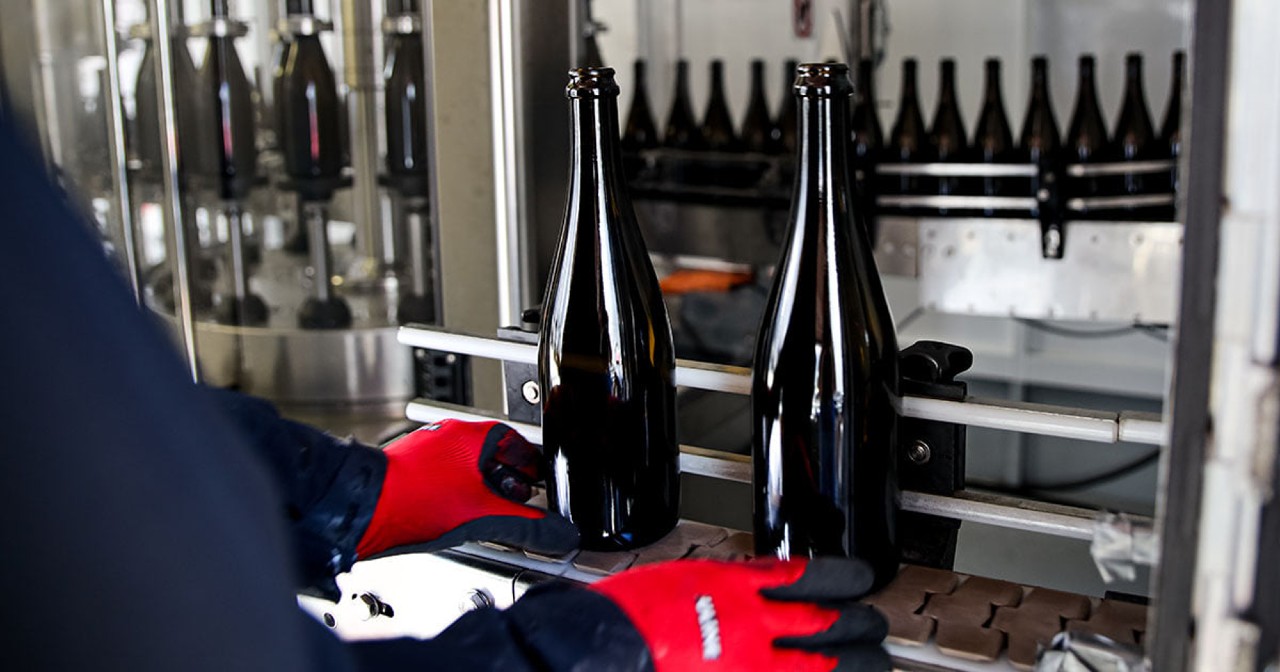
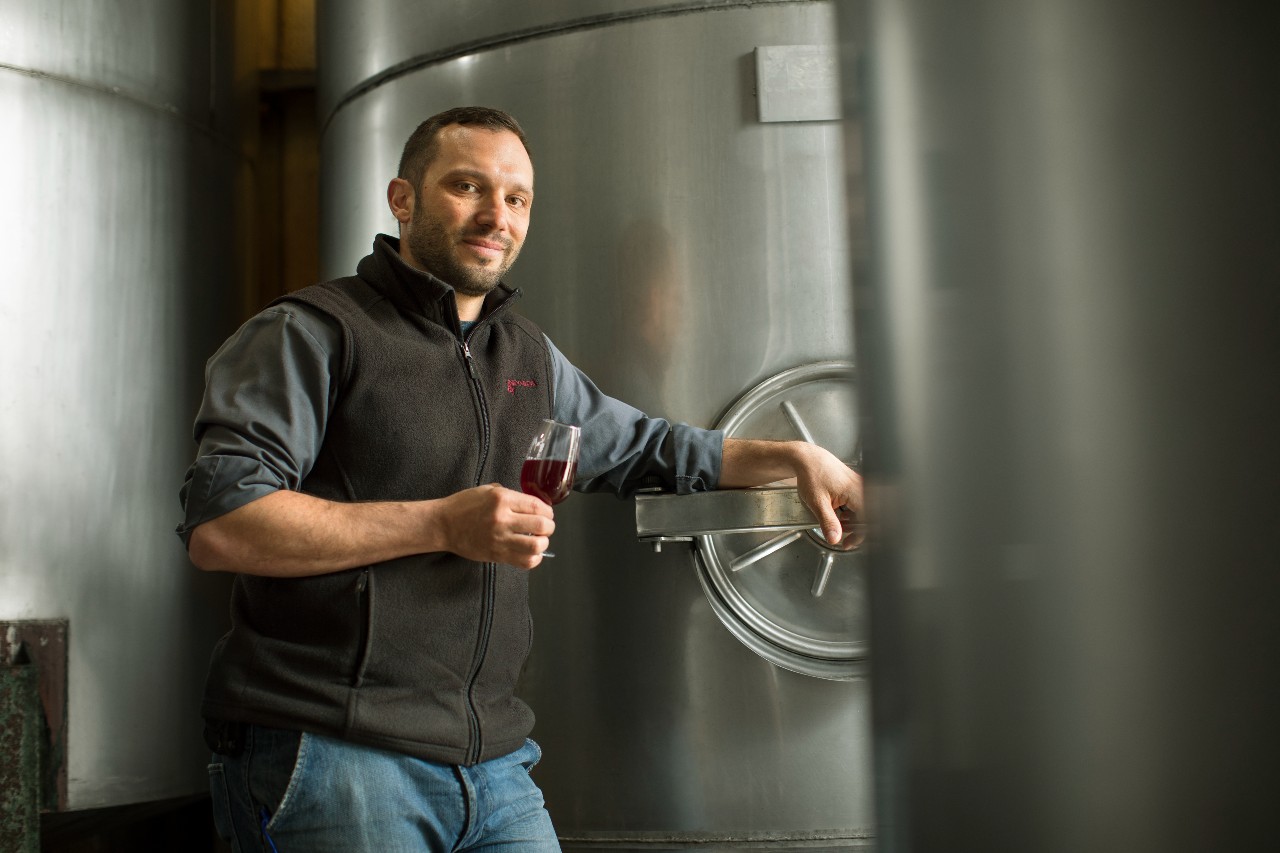
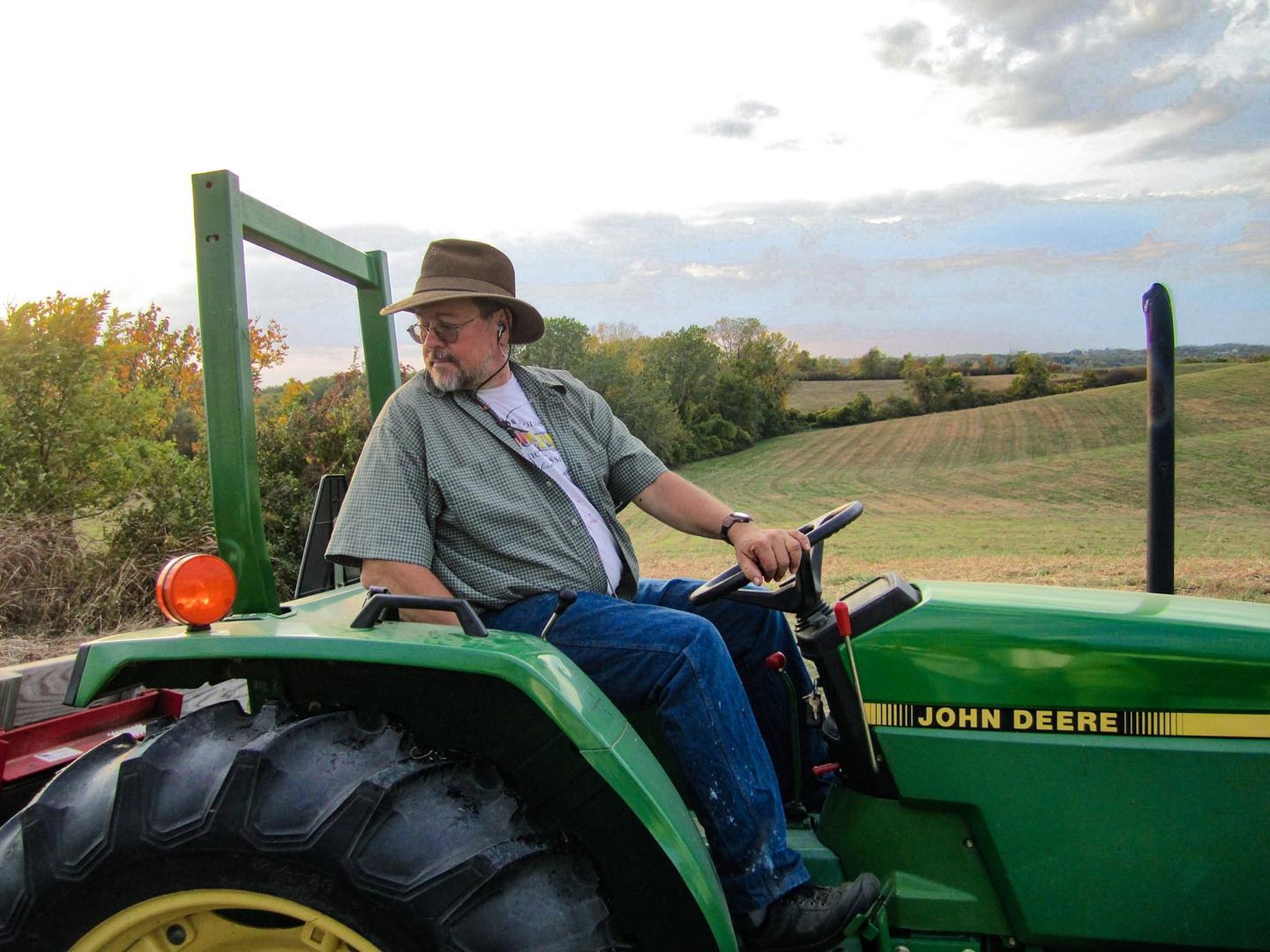
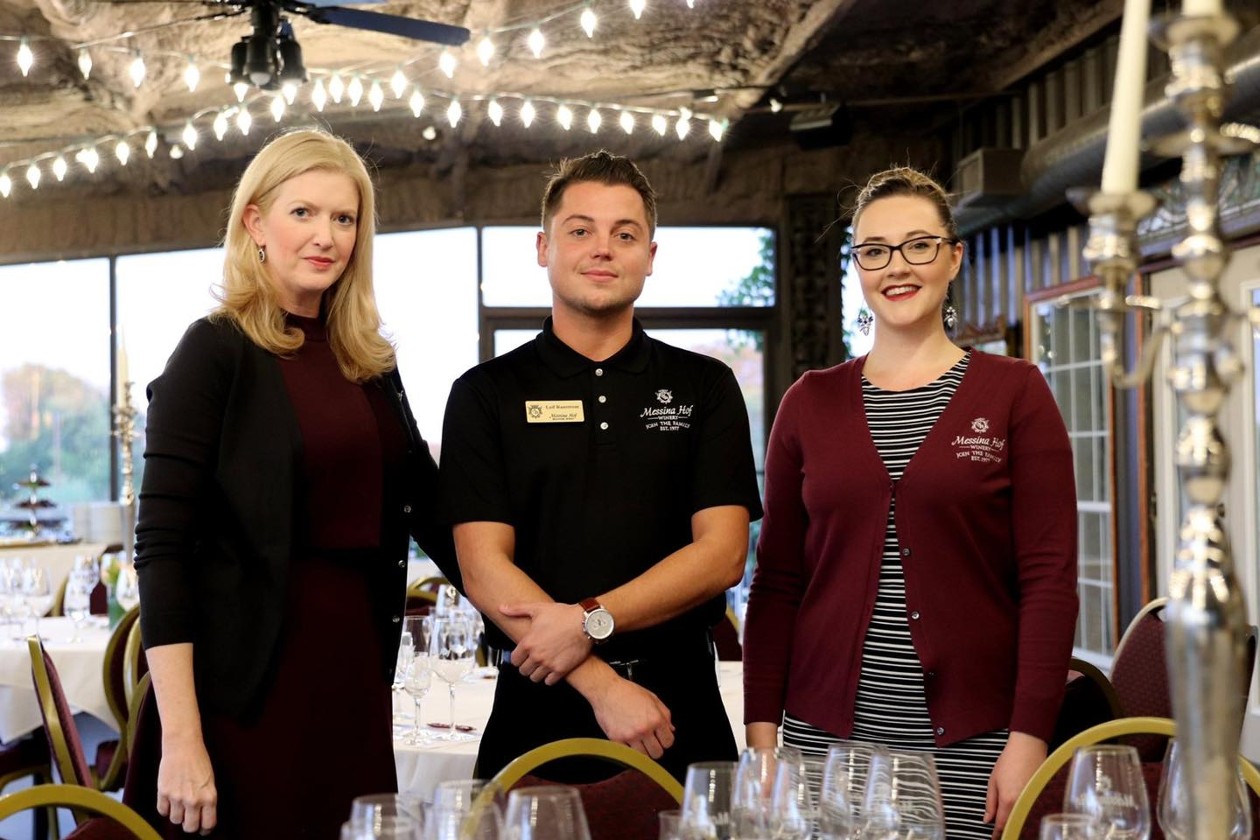
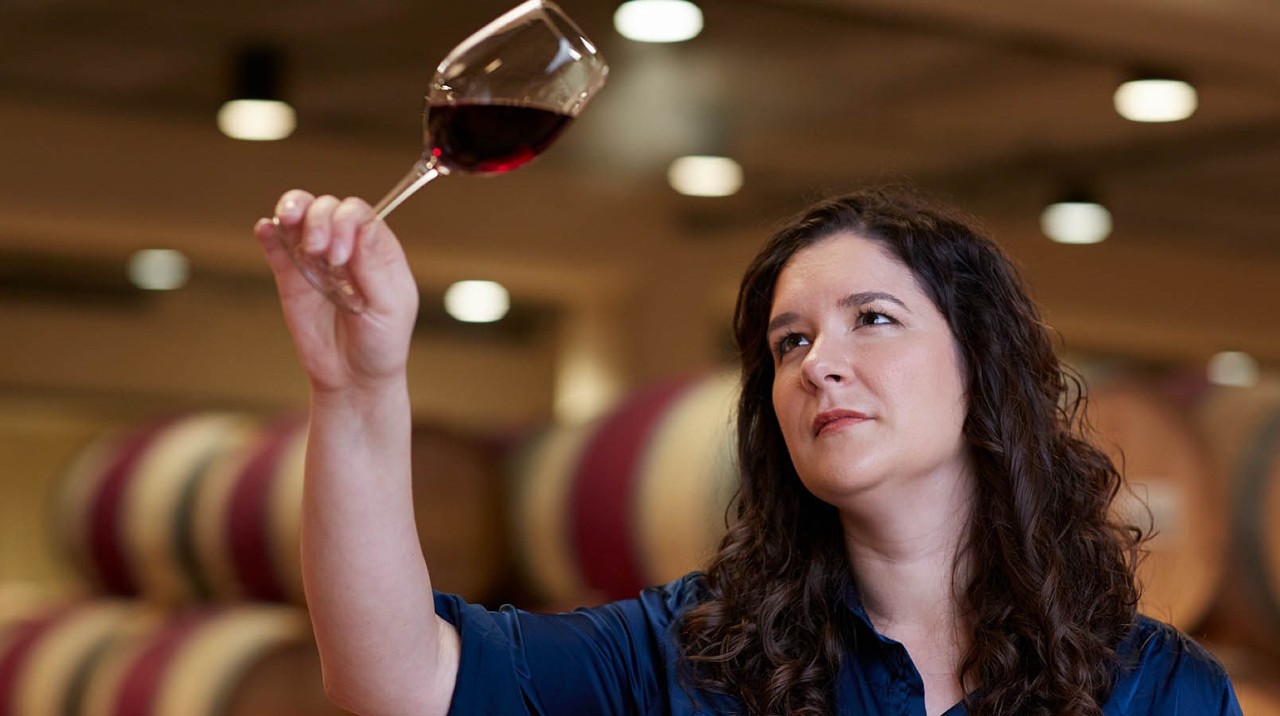


Be the first to comment